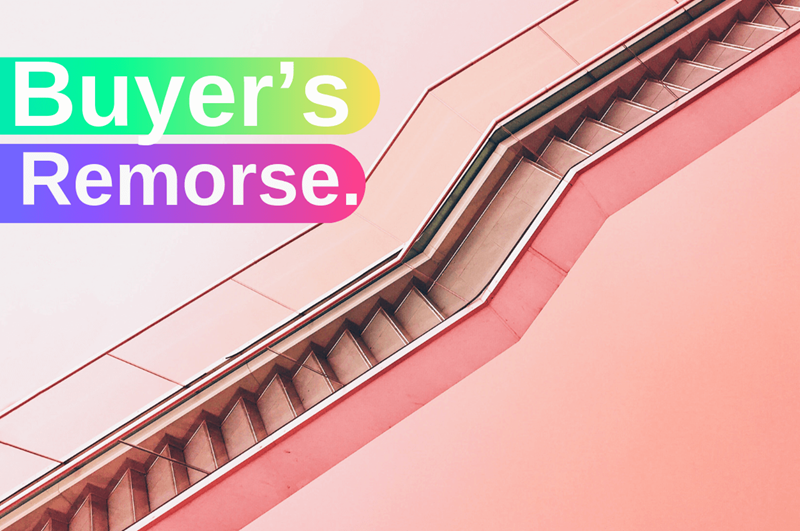
Reasons Why the Joy of Shopping Ends in Tears
Given that nowadays everything is designed to make us buy more, it shouldn’t come as a surprise to regret buying certain things from time to time. Wherever we look, we see myriads of ads and dazzling promises. Given that all the online ads we come across are selected according to our online shopping preferences and personal information so as to match our personal taste, it is almost impossible to claim that we make our own decisions when it comes to online shopping. So, you can claim that you absolutely adored that shirt you bought the other day, but it doesn’t change the fact that your decision was affected by a host of online marketing strategies that you were completely unaware of. And, when we buy the product that’s been marketed to us, we realize that most of those promises were empty, which leads us to focusing more on the negative qualities of the product. And, that’s what we call buyer’s remorse.
Disappointment plays a massive role on the psychological reasons behind buyer’s remorse. When we are planning something for the future, we all imagine that it will be wonderful only to realize that what we had in mind was an exaggerated picture. For instance, we have such high expectations before we go on vacation that we feel a sense of dissatisfaction when we finally go. The real thing doesn’t meet our expectations. Dopamine is the hormone that affects this feeling which we are all familiar with. It is the “reward hormone” that is produced when we are working towards a certain goal, which is also the case when we are shopping. However, when we finally meet the goal or buy the product, the level of dopamine we produce plummets, which causes disappointment and buyer’s remorse.
The Ways Stores Try to Prevent Buyer’s Remorse
Stores and e-commerce platforms know how serious buyer’s remorse is, because they have an increasing number of returns every day. So, stores try to eliminate buyer’s remorse by using some methods before and after they sell a product. They claim that buying a certain product will be an investment and that it will save you money in the long run, for instance. This way, after buying an expensive handbag, your afterthought isn’t “Why the hell did I pay so much for this handbag”, but “What an investment! I’ll use that handbag for years to come”, which eliminates buyer’s remorse to a certain degree.
Another popular method is that before you buy the product, they say that you can return it if you change your mind, which helps you relax about purchasing the product. So, even though you are not entirely sure about buying it or wanting it, you buy it anyway, because you start thinking “I can return this if I change my mind” and in most cases, you end up not returning the product even if you don’t like it.
Finally, stores display cheap and expensive products side by side so that you can compare them. When they put a mid-priced product next to an expensive one and start telling you about their features, you feel better about buying the mid-priced product because you think you made a good decision. However, your focus shifts here. You don’t think about whether you like the product or not. Instead, you focus on the fact that you chose the mid-priced one instead of the expensive one, and that it was the most reasonable thing to do. You focus on your reasonable behavior as a customer, not on liking or needing the product.
The same method is often used to market the expensive product. When two products with similar price tags are marketed, the store focuses on the following idea: “This one is a little more expensive, but it has these additional features”. This way, they let you think that you made the right decision by purchasing the expensive one because it had those additional features. Stores use these kinds of marketing strategies to form long-term and strong relationships with their customers, but their ultimate intention is to sell what they have to sell. In the end, preventing buyer’s remorse not only helps their customers feel better about themselves but also saves the store from having to deal with countless returns.













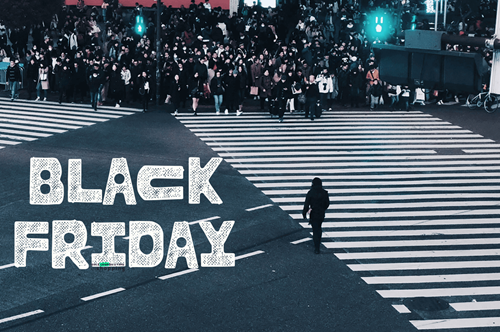





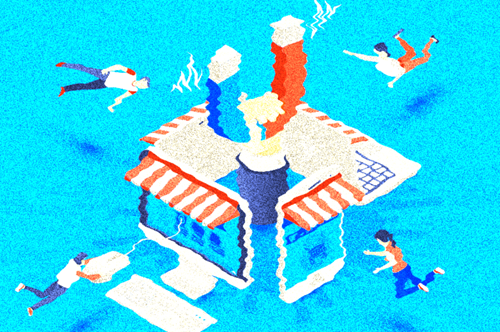







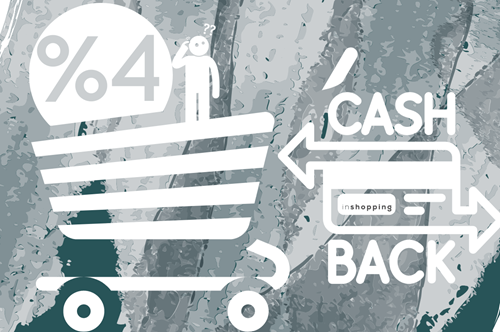

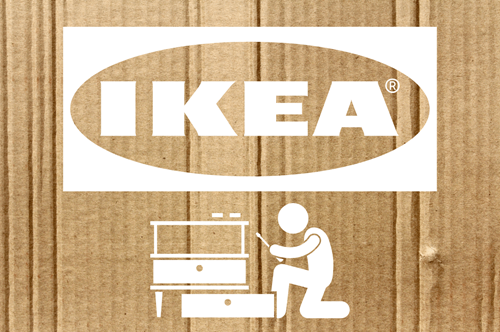

REVİEWS - 1 reviews